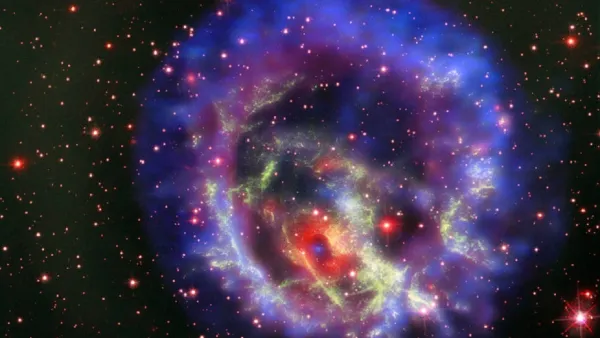
Nowak named Associate Director of the McDonnell Center for the Space Sciences
The McDonnell Center for the Space Sciences has named Michael Nowak, research professor of physics, as the new associate director.
Summer 2024
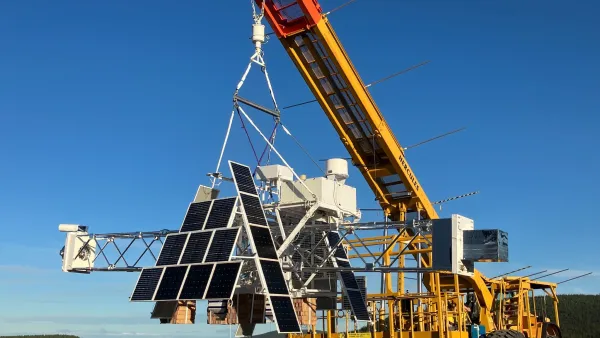
Scientists from Washington University in St. Louis have launched a balloon-borne telescope to unlock the secrets of astrophysical black holes and neutron stars, some of the most extreme objects in the universe.
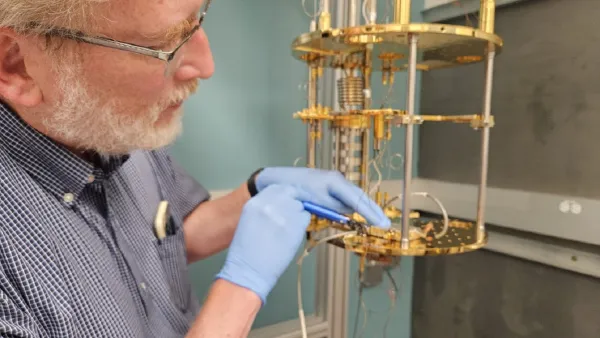
A state-of-the-art dilution refrigerator has recently been installed in James Buckley's new research lab, providing a cooling capacity that is 300 times colder than outer space.
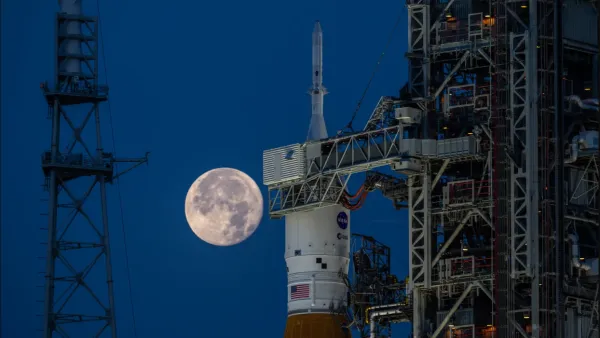
NASA’s Goddard Space Flight Center in Greenbelt, Md., will build a moonquake detector for astronauts to deploy on the moon in 2026 during the Artemis III mission, which will return astronauts to the lunar surface for the first time in more than 50 years.
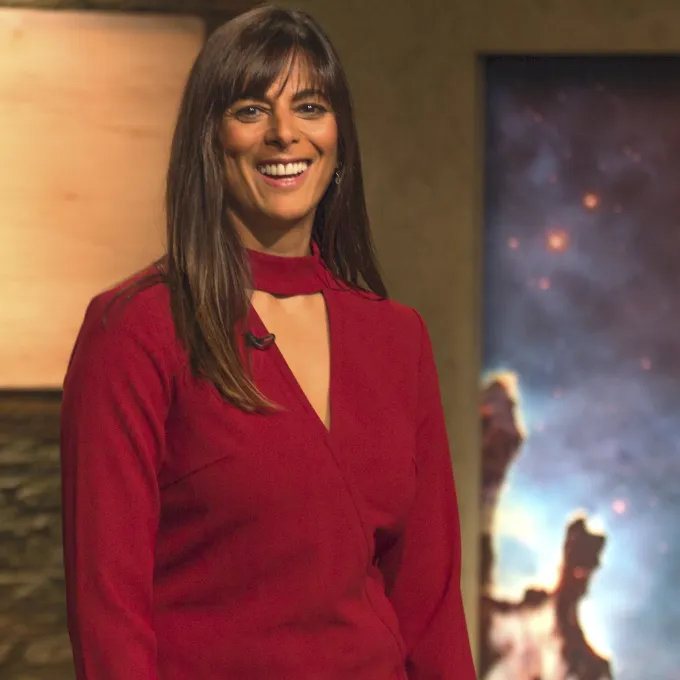
Meenakshi Wadhwa, School Director and Foundation Professor, School Of Earth and Space Exploration at Arizona State University presented the 2023 Robert M. Walker Distinguished Lectures. The colloquia was titled, "Exploration of the Solar System via Sample Return Missions" and the public lecture was titled, "Bringing Mars Samples Back to Earth."
Disassembling the SuperTIGER payload
The observatory at Tyson Research Center is seen under the starry night sky. (Photo: Whitney Curtis/Washington University)
Staff Scientist Piers Koefoed is processing Bennu samples in the extraterrestrial clean lab.
Professor of Earth, Environmental, and Planetary Sciences The Division for Planetary Sciences of the American Astronomical Society (AAS) has named William B. McKinnon, a professor of earth, environmental and planetary sciences in Arts & Sciences at Washington University in St. Louis, the winner of its 2023 Kuiper Prize for outstanding contributions to planetary science.
Wilfred R. and Ann Lee Konneker Distinguished Professor of Physics Henric Krawczynski was installed as the Wilfred R. and Ann Lee Konneker Distinguished Professor of Physics during a ceremony February 29 at the Whittemore House. His installation lecture was titled “The Bright Side of Black Holes.”
James S. McDonnell Distinguished University Professor Emeritus Raymond Arvidson has been awarded an Outstanding Public Leadership Medal from NASA. The honor, his fourth service medal from NASA, marks the culmination of a storied career in planetary exploration that goes back to the first Viking Mars landers in the 1970s. In addition, Arvidson was been honored with the 2023 Earth Science in United States Leader Award in recognition of his contributions to the field of Earth Science.
Assistant Professor of Earth, Environmental, and Planetary Sciences Claire Masteller won a Faculty Early Career Development Program (CAREER) award from the National Science Foundation for her project “Capturing the translation of wave climate to coastal change on rocky shorelines across scales.”
Assistant Professor of Earth, Environmental, and Planetary Sciences Roger Michaelides has won a prestigious fellowship from NASA’s Early Career Investigator Program in Earth Science (ECIP-ES). Michaelides will use the three-year, $300,000 award for a project using imaging radar to monitor Arctic permafrost, frozen layers of soil that cover about a quarter of the landmass of the Northern Hemisphere.
Assistant Professor of Physics Yajie Yuan was selected for the Simons Collaboration on Extreme Electrodynamics of Compact Sources.
Associate Professors of Physics Ryan Ogliore was promoted with tenure to associate professor of physics on July 1, 2023. Maria Piarulli was promoted with tenure to associate professor of physics effective July 1, 2024.
Associate Professors of Earth, Environmental, and Planetary Sciences Rita Parai and Paul Byrne have been promoted to Associate Professors of Earth, Environmental, and Planetary Sciences, effective July 1, 2024.
Assistant Professor of Physics Alex Chen joined the physics faculty tenure track as an assistant professor of physics, effective July 1, 2023.
May 2024
Do you want to know what our alumni have been doing? Would you like to submit an update of your own? Check out our Alumni page!
Alumni News